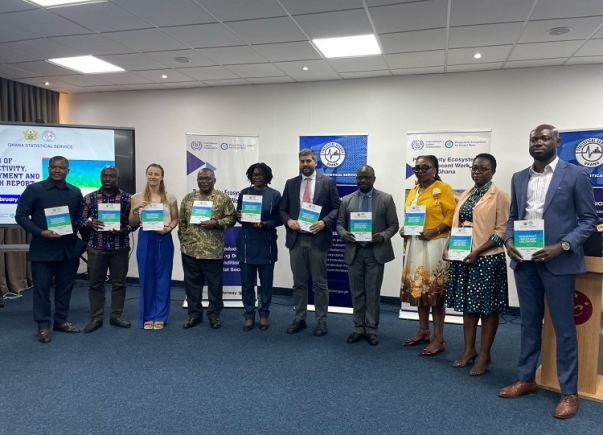A cross-country comparison of development and corruption shows a clear relationship: Countries that score higher on the Corruption Perceptions Index (indicating they are seen as less corrupt) also tend to perform better on the Human Development Index.
The Human Development Index measures several components related to standard of living, education levels, and overall well-being.
The Corruption Perceptions Index is an average score derived from surveys of experts on public sector corruption, including bribery and misuse of office.
African nations generally perform poorly on both indices, while European nations tend to score favourably on both.
Out of 175 countries assessed (where data is available for both indicators), Namibia ranks 121st on the Human Development Index, with a score of 0.665.
The lowest-ranked country is South Sudan, with a score of 0.388, while the highest is Iceland at 0.972.
On corruption, Namibia holds a more favourable score of 49 out of 100, ranking 57th of the 175 countries.
According to Transparency International, this places Namibia – along with over two thirds of countries – in the category of having serious corruption problems.
Namibia’s score has declined from its peak in 2018 (53 out of 100), with the Fishrot scandal contributing to a gradual decline, stabilising at 49 from 2021 onwards.
In this indicator, Somalia scores the worst (11 out of 100), while Denmark scores the best (90 out of 100).
– Tannan Groenewald is Cirrus Capital’s head of data and analytics.







![A United Steelworkers sign is seen outside the Great Lakes Works United States Steel plant in River Rouge, Michigan, the United States, on September 16, 2024 [Rebecca Cook/Reuters]](https://esbecgroup.com/wp-content/uploads/2025/01/Biden-to-block-Nippon-Steels-takeover-of-US-Steel-reports-say.jpg)


